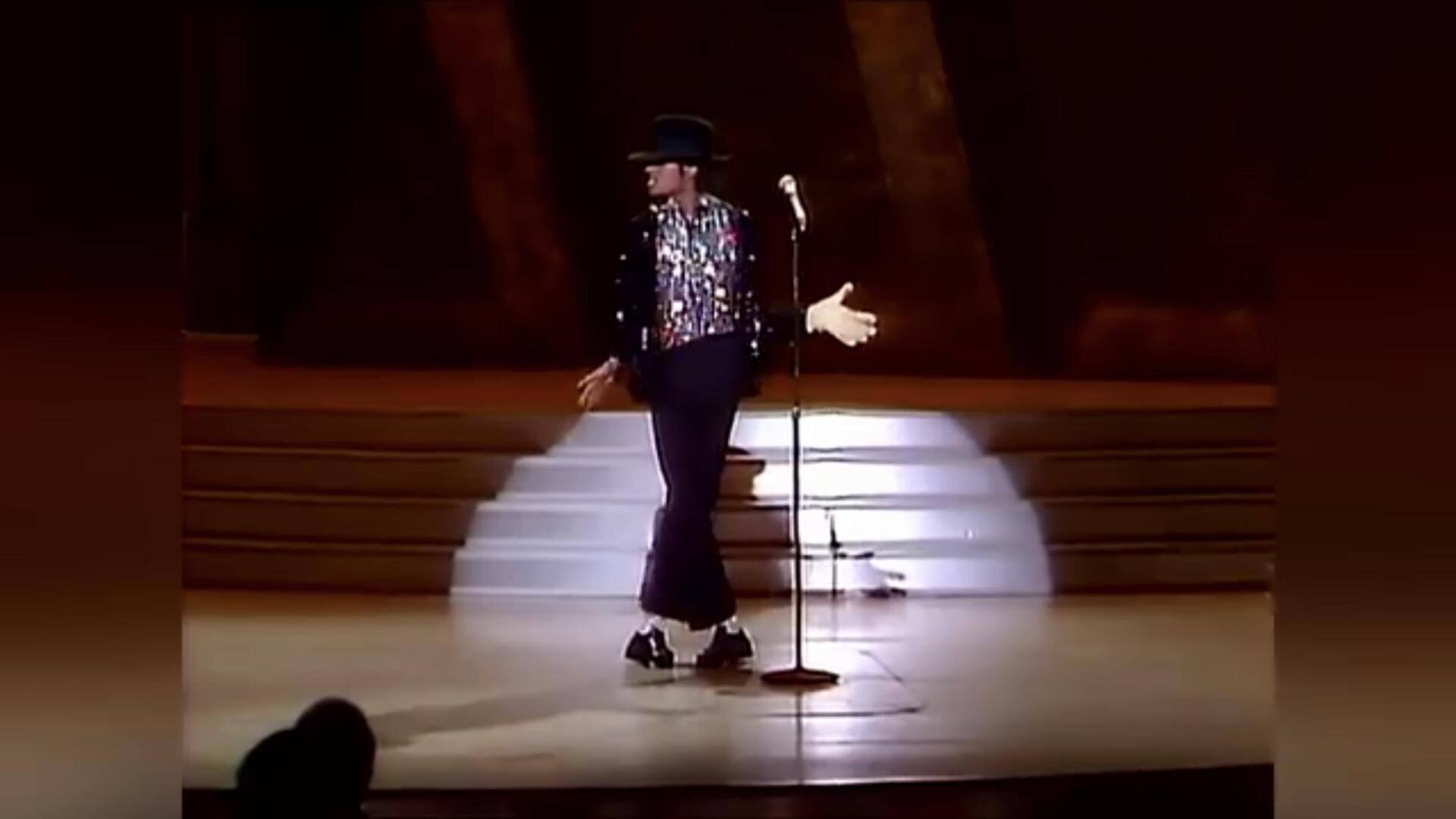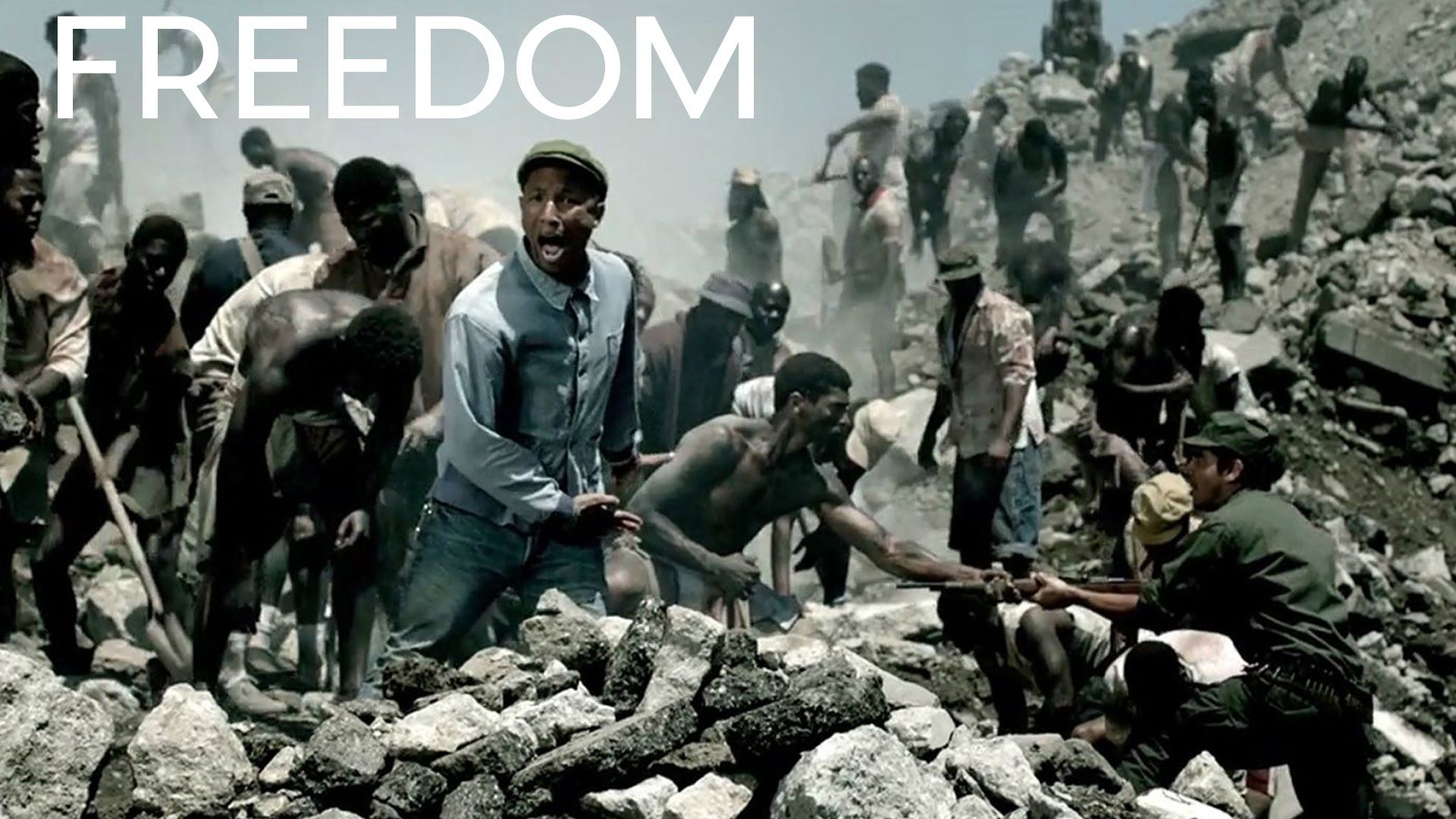Trains of Thought
Cultural Theories of Speed and Solidarity

Difference, Différance, and The Dogmatic Defense of Truth in The Shape of Water
In big-band jazz, they used to say that the best jazz guitar is seen but not heard. It’s almost the opposite for an outstanding soundtrack: music is never seen but heard everywhere, such that its beautiful attentiveness seems to preempt movement, to foreshadow closeness, to arrange intimacy. Love is like a wave. Each of its folds is composed of innumerable moments, countless tiny particles of water. One finds them throughout: isolated, separated, disunified. But these embodiments of experience—the fragments of a lover’s sentiment—when brought together submerge us under a powerful inundation. Formless bits, drops of ephemeral mist, knit together in an unbreakable cohesive whole that drown lovers under rolling swells of nauseating rises and falls. Love’s control is formless: water has no shape, it is everywhere. And music too is everywhere latent, quietly awaiting and arranging our descent, in Guillermo del Toro’s 2017 film The Shape of Water. The story’s two lovers, mute cleaner Elisa (Sally Hawkins) and a mysterious creature (the “Amphibian Man,” played by Doug Jones) experience a descent into the sensibility of the imaginative uncomplicated by the logical constraints of speech. Their intimacy is purely physical, an unconventional love that complicates traditional courtship. Yet it’s the nostalgic, knowing wisdom of Glenn Miller’s I Know Why (And So Do You) that surely choreographs this romance’s self-assured success. Playful, gleeful, seductively inviting with a smile and spring in the step, the improvised intimacy between human and nonhuman feels certain despite the palpable limits of its difference.
This is the goal of love: a sense of ineffable rapport beyond the limits of logical expression where sensations give voice to their own truths. But for our lovers, the exact nature of their success is not apparent. Although the lovers consummate their love in sexual intercourse their true union is deferred until they unite underwater at the film’s end, the creature restored to his natural condition and Elisa…transformed? Dead? Orphaned at birth by the side of a river, Elisa has lifelong scars on her neck which inexplicably become gills when she joins the creature in the water at film’s end. Has she returned to her own natural state? The two are said to have lived happily ever after, but each lover must completely break from the past to share in their future together. Elisa and the Amphibian Man’s shared inability to speak, to logically mediate the nature of their love, is at once a notable lack and the precise strength of their bond, where the establishments of meaning and truth are deferred without the faculty of speech! Despite an abundance of similarity between two beings who cannot speak to others, lost and unheard in the world, their love story is no Beauty and the Beast, where we see past difference and ugliness to realize a latent sort of sameness that resembles ourselves so simply. No—this is nothing less than the dislocation of beauty from truth! A celebration of the beauty of beauty, of its endlessness, of the absolute power of generative subjectivity! This is the beauty of Derrida’s différance: expansive webs of meaning which both differ a sense of meaning and defer its ultimate codification within a situation of endless difference.[1] While Jacques Derrida is often a frustrating thinker to engage, this unusual love story—in gracefully omitting the Beast’s redemptive returning to the familiar essence of Truth—movingly renders the subjective primacy of our time into simple terms. Beauty is not Truth: it can no longer lay claim to such an absolute status. No one can judge a thing to be beautiful by its positive qualities, any more than a thing can be distinguished even by any positivity it asserts! Value, Derrida tells us, is defined negatively in relation to other values. A thing is what is it because it is not something else. Nothing exists positively; there is nothing which is, in itself. The world is what we make of it through love, the emanation which necessitates both the appropriation of life to define its value and the deference of value in a subordinate sacrifice to negotiate transvalues.
Like Derrida’s major insights, the reorientation of meaning away from Truth is a striking claim in its audacity and in its genealogical proofs. It is a grammatological validation of the impossibility of the quest for a proto-logical origin—the unifying originality of presence—associated with God. In some ways différance responds to the Death of God, but I interpret it more so as an expression of God’s relativism.[2] It is easy to proclaim the death of God, the loss of Truth—relativism at large—but far more trying to jettison morals, good and evil, providence, fate: the rules of a religious existence that constitute God’s sustained presence in grammar. The conservative force in del Toro’s rendering of 1960’s America, the taciturn champion of dogma vying to abate the questioning of its origin and unity, is Richard Strickland (Michael Shannon), the federal agent ordered to guard the Amphibian Man in a government lab that Elisa services as a janitor. Strickland is the Greatest Generation incarnate: a man of few words, fewer emotions, and an unshakable conviction in the power of God and the United States of America. He embodies a rigid sense of regulation, order, vulnerability, and terrifying power, a conviction that above all maintains the traditional unity of le beau, le bon, et le vrai in the barely secular moral code of postwar society. You may think the creature looks human, Strickland tells Elisa smugly, but we, on the other hand, are created in the Lord’s image. And coincidently, He looks a lot like me! Strickland reminds us that Beauty is too often mistaken for Truth even today, though in watching this love story we all know that so many unique sorts of beauty indeed are true, as many as are possible. Indeed, there is no Truth to subjectivity, or its affective tone through which experience constitutes itself. Perhaps this is common sense to us, or some latent power that promises endless liberation through a momentary state of absolute freedom. But the repressive nature of the world is fearful, terrified by the thought of such dizzying potential yet petrified most profoundly at the thought of discovering such vastness within itself. The dreadful terror of isolation in the film’s fragmented world is as taxing to Strickland as it is for Elisa.
Such an enviable love in The Shape of Water appeals to us in an uncomplicated way because we find love powerful enough to common ground by deferring difference. The creature and Elisa need not verbally or logically render their love; they understand one another and each exhibit an almost uncanny preemptive intuition of the other. Yet remaining in love without an original unity and a contingent end is inescapably challenging. We know Derrida’s insight to be true (our common-sense privileging of the subjective and the immediate is almost banal), but we remain unable in our own lives to compromise our own desire for the truth of ourselves to the pure vastness of difference. Such a challenge is adroitly surmounted as Elisa, a mute woman isolated in a life of routine, longing, separateness, and pain, finds resonant love in someone (something?) so far beyond her. She faces a dull reality, an eternal recurrence of the mundane laced with impossible dreams, only to seamlessly show us that yet it can be done. Elisa gives up everything for this transformation: to the world, she is dead—the price of realizing her love. Those around her who interpret her sign language to the world, her voices, are highly disenfranchised themselves: her neighbor Giles (Richard Jenkins), a closeted older man without work who languishes at home, her coworker Zelda (Octavia Spencer), a poor black woman with a vegetative husband, and Robert Hoffstetler/Dimitri Mosenkov (Michael Stuhlbarg), a scientist working as a Soviet double-agent who cares for and respects the Amphibian Man. Each one loves and supports Eliza, with but a hint of jealousy at her veritable ecstasy, perhaps? Each of them, in their loneliness, would gladly give all, which amounts to so little, to realize their dreams in eternity—to die and be reborn in the embrace of the beloved. Wouldn’t you like to love? To love beyond yourself and through selflessness overcome difference in deference? To love such that you accept its inherent presence and its endless vastness, beyond a reliance on truth or other ideals, to yet overcome this inevitability separateness, despite remaining apart in a great refusal to defer the work of intimacy or its pain? The natural result of life is not life but death: you will die for your love. Such is the monumental demand love makes. Lay down in your affection for me and die—be killed by it! —and I will renew you as you yourself never could. As did Elisa, will you slip beneath the waves to own what you never can and to lose all that is your own?
It’s one thing to see this amongst those who have nothing, but he who is most jealous of such a surrender is its greatest opponent: Strickland. And he’s most unlikely to ever do so, isolated in the iron tower of the 1960’s Man’s world of white-collar militarism. Strickland is the man who has everything: a house, a new Cadillac, a darling family, a dim-witted and promiscuous blonde wife. And endlessly calm confidence, of course! Strickland is the last modern man, entirely committed to forcing his will upon the world, upon nature, upon every figure in his life. He imposes his will upon the world without giving—merely in taking. And thus he awaits a reciprocity, increasingly anxiously, that will never come. He is a tyrant who tortures in an effort to be admired, and this also is the essence of his sexuality, representative of a phallocracy that defines desire through total control of the orgasm. The film’s abiding focus on the exaggerated difference between human and non-human, the doubles of Strickland and the Amphibian Man, nearly conceals the extent of man’s material and physical distinctions that del Toro works so hard to cultivate. His Fordist world is highly stratified and increasingly consumerist. America, such as it remains unified at this time, burst at the seams, loosely united merely by its militant response to a vague threat of Communism. The only creature we see literally encaged is the Amphibian Man, but the barbarism inflicted upon him reflects only the brutality of our own oppressive confinement to the penitentiary of the self. The world of The Shape of Water is a dingy prison for all who inhabit it, perpetually in darkness, peppered with nearly-noir rain. Worst of all, it’s beginning to run at all hours. There is no rest for anyone anymore, rest as such replaced by the nauseating comfort of a blistering pace through neon advertisements of symbolic circulation. And this is the unique moment, the first sightings of our around-the-clock society where meaning flies faster than bullets, that sees conservatism send out its greatest champion in response to its threatened state. The greatest force of productive grasp, the Western modernity of white national dominance, cannot hope to attain the profundity of its own success.
When will we learn to see such success as the greatest of curses that afflict humanity? Such is Richard Strickland’s tragedy in the dialectic of affluence, within the soundproof walls of an imperious existence. Strickland himself realizes his condition only when it turns against itself (barbarism comes home): after failing to capture the Amphibian Man, he is brusquely treated by those he considered equals and threatened with dismissal from his beloved military. His faith is not shaken but severely rattled. And retaliation in kind is often the only reasoning a bully understands. But decay is another logical argument, the poisoned deterioration of manicured normality whose stench can no longer be ignored, whose grossly ironic pretension to preservation mocks our ‘Truth’. For Strickland the rotted core of Truth is corporal, two fingers cut off by the Amphibian Man. It’s their decay which finally proves to him the impossibility of isolated beauty, so far from difference within its walled garden of purity. Blackened, cracked, and smelling of death, these two small digits could not be saved by Strickland’s avowed modern technology, military money, or prayer. And it is only when he finally pulls them off in anger, crying at their awful condition, that he sees the folly of his own uncirculated imprisonment at the heights of his repressive power. The control Strickland’s world exerts so tightly over the deferred love of différance knows the danger of losing its own primacy, the threat of subordination. But it forgets that whether such power is wielded by Soviets or Americans, men or women, a dogmatic defense of truth, of desire, of right, will see the reversal of love’s beautiful surrender lost in labyrinths of concrete possessiveness. Liberationists have at best engaged the fleeting presence of love by indirectly creating ground for it to flourish. But it does not absolve their failure to understand the sacrifice of love—death in difference to defer self-truths—nor does it excuse their inability to think beyond their own limited aims. We have learned how to own what is ours, but are at a loss to create that which is beyond it. So long as rebels continue to fight for other positive forms of self-evident truth and refuse to subordinate the absolute to the inter-subjective, the storm of love’s terrible fury shall drown all ships that dare to glide along its pleasures.
22 February 2022
[1] This is the essence of Derrida’s pun in French as he coins the term. Classically, the logocentrism of writing retains the power to distinguish between the naturally abundant but fleetingly fluid powers of speech. The term is pronounced the same as difference (the same word in English and French), but means a differing of two things and a deferral of reconciling or attempting to negotiate such difference.
[2] Relativism or resurrection… God’s death and the non-death of His subsequent presence amongst gods. For the moderns, God is dead. For us late-moderns? Spirits, gods, echoes, non-events? These are everywhere, all around us. We struggle now not with an absent God, but rather with too many gods.
Trains of Thought | All Rights Reserved






